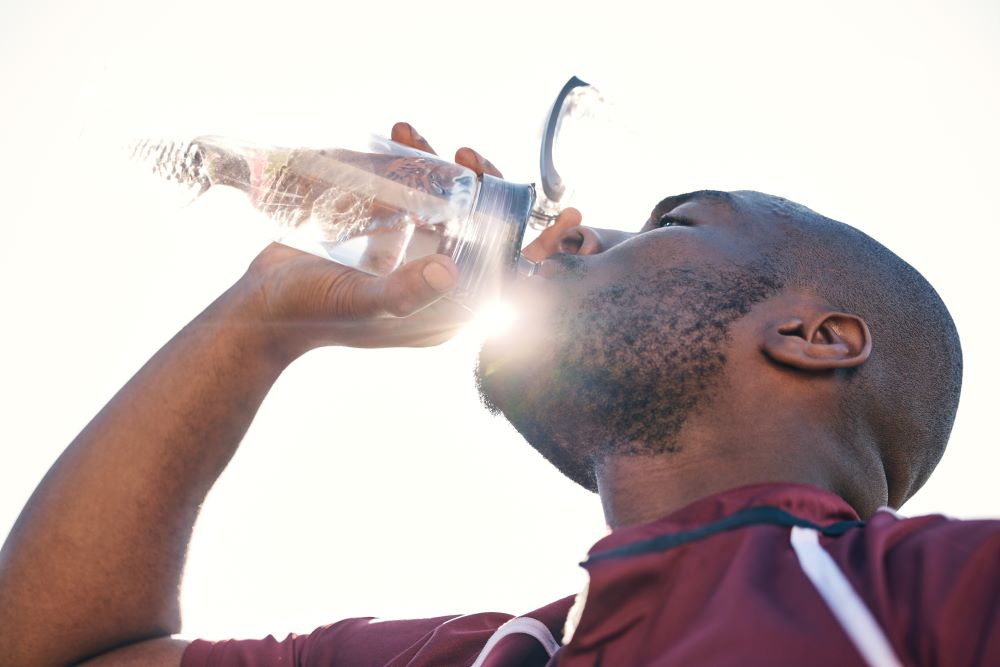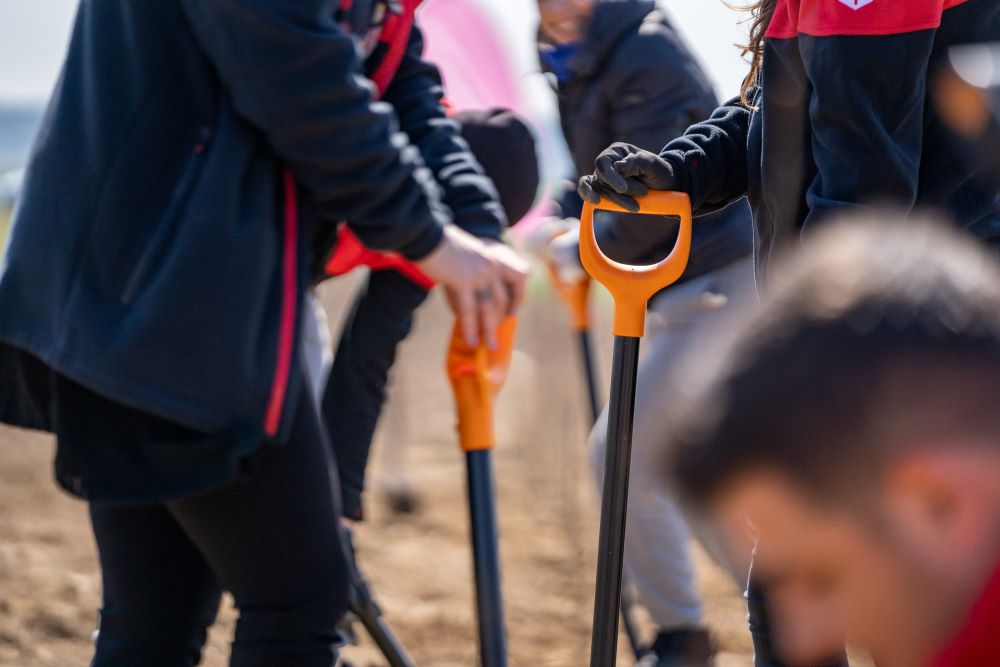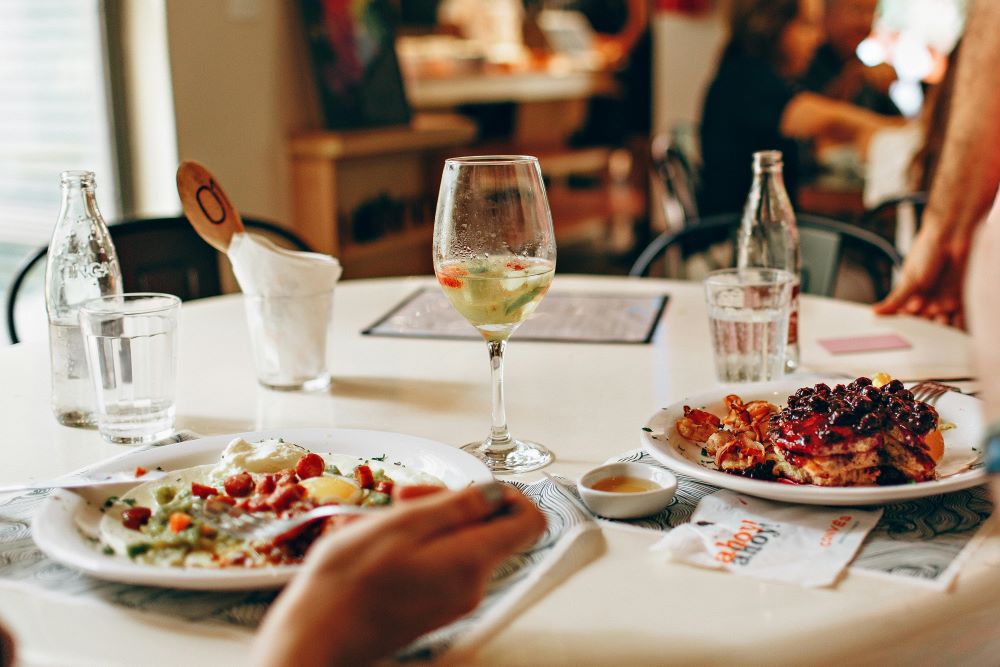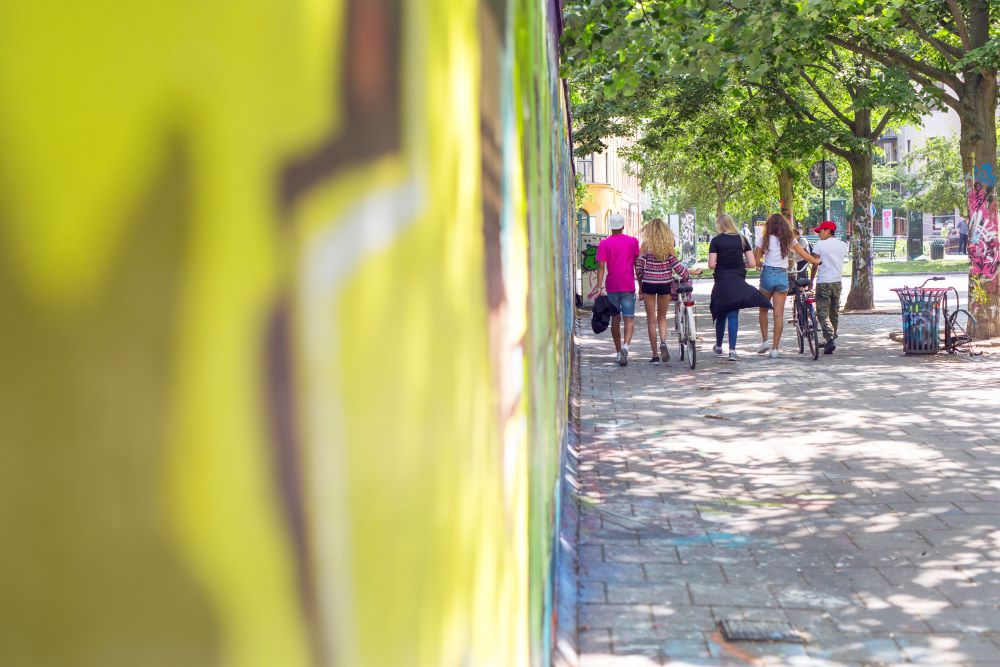[su_box title=”Editor’s Note” box_color=”#f3100f”]This information in this article is accurate at press time. We’re continuing to update our coronavirus coverage as we learn more. Check back frequently for the most up-to-date information. Please visit cdc.gov for the close monitoring of COVID-19.[/su_box]
Knowing how to wash your hands will protect you from various germs. Handwashing is one of the best ways to protect yourself and your family from getting sick. However, many adults forget the basics of handwashing and cleanliness. Regularly washing your hands is the best method to protect against the Novel Coronavirus (COVID-19). At Park Ave Magazine, our primary concern is keeping our wonderful community safe.
CDC Guidelines on When To Wash Your Hands
The CDC recommends that you wash your hands often, especially during key times like this. Keep yourself and your family healthy and clean. You should wash your hands after:
- Before, during, and after preparing food
- Before eating food
- Before and after caring for someone at home who is sick with vomiting or diarrhea
- Before and after treating a cut or wound
- After using the toilet
- After changing diapers or cleaning up a child who has used the toilet
- After blowing your nose, coughing, or sneezing
- After touching an animal, animal feed, or animal waste
- After handling pet food or pet treats
- After touching garbage
[su_youtube url=”https://www.youtube.com/watch?v=BaHTZdJWYVw”]
5-Step Guide on How To Wash Your Hands
It’s easy to perform handwashing. Most importantly, it’s one of the most effective ways to prevent the spread of germs. When your hands are clean, this prevents the spread of germs from person to person. Follow these 5 steps to wash your hands:
- Wet your hands with clean, running water (warm or cold), turn off the tap, and apply soap.
- Lather your hands by rubbing them together with the soap. Lather the backs of your hands, between your fingers, and under your nails.
- Scrub your hands for at least 20 seconds. Need a timer? Hum the “Happy Birthday” song from beginning to end twice.
- Rinse your hands well under clean, running water.
- Dry your hands using a clean towel or air dry them.
When to Use Hand Sanitizer
In the event that you can’t wash your hands, hand sanitizer is an alternative. If soap and water are not available, make sure that you use an alcohol-based hand sanitizer. Hand sanitizer much contain at least 60% alcohol. Hand sanitizers will quickly reduce the number of germs on your hands. However, they do NOT get rid of all germs. They are not a substitute for handwashing!




